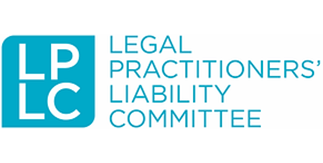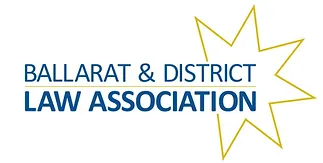Law Services Ballarat
- 15+ Years of Criminal Law Experience
- Representation in Local Courts
- Obligation-Free Consultation
- Traffic & DUI Defence Services
Enquire Now
01
We're dedicated to handling all aspects of criminal law, offering legal guidance designed to achieve optimal outcomes in diverse legal situations. Our team is committed to representing clients across various criminal matters in courts at every level.
02
Our family law services provide legal support addressing a range of family-related legal issues. From divorce and child custody to property settlements and domestic violence matters, we're dedicated to ensuring your family's needs are handled with care.
03
Our intervention orders and personal safety services provide legal support to individuals facing domestic violence, harassment or threats. Our team is dedicated to offering compassionate guidance and representation to ensure your safety is prioritised through clear legal advice and effective court advocacy.
04
We offer legal support for individuals facing various traffic and driving matters. From minor infractions like speeding to serious offences such as DUI, our team provides representation to help clients navigate the complexities of traffic law and achieve favourable outcomes.
Expert Assistance in Criminal Law
David Tamanika Solicitors specialise in all matters of criminal law in Ballarat, Ararat, Bacchus Marsh, and more. Our team of lawyers can provide you with non-judgemental, expert and experienced legal advice and services to ensure that your unique situation achieves the best possible outcome. When facing criminal investigations or charges, your case must be managed effectively from the beginning.
The firm brings a wealth of experience and extensive knowledge of processes, procedures, and legal technicalities. We have represented clients on countless criminal law matters, at all levels of seriousness and in all court jurisdictions.
Trust the team at David Tamanika Solicitors to manage your case with confidence, understanding and expertise to achieve the best result for you.
YOUR LOCAL CRIMINAL LAWYER IN BALLARAT DAVID TAMANIKA
David can provide legal advice and prepare you for court attendance. He also provides legal representation in Court and will assist you with bail applications, entering pleas and at defended hearings. David and his team at David Tamanika Solicitors will assist you in every part of your case and will always explain your legal rights to you.
You need to know your legal options and the likely outcome of each option. David Tamanika and his team will work with you to achieve a realistic and desired result.













